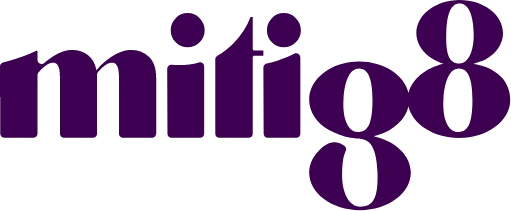Health Care Risk Management Week, June 19-23, 2023, is a campaign that raises awareness of the importance of risk management. Skilled nursing facilities in the United States have come under scrutiny in recent years due to allegations of poor risk management resulting in substandard care for their residents. Litigation has resulted in significant settlements being paid out to the affected parties. These settlements highlight the importance of robust and proactive risk management. Now more than ever, it is essential that facilities prioritize person-centered, evidence-based care while taking measures to mitigate risk. Defensible documentation is the cornerstone for protecting facilities and detailing care that is provided. Mitig8 Comprehensive Risk Management and SNF Metrics partner to offer facilities a comprehensive approach for risk management that includes tools, tailored solutions, and standardized processes for addressing and mitigating risk.
SNF Metrics provides risk management workflow applications and reports that capture all risk exposures. The applications are integrated into facilities’ existing systems, eliminating the need for double-entry and accessing multiple data sources. Auto-generated facility specific reports allow administrators to drill down to the risk details to quickly manage and mitigate risks.
Mitig8 Comprehensive Risk Management helps facilities prepare for and navigate the risk in the litigious and complex regulatory environment of the healthcare industry by partnering to identify, quantify, and reduce risk. Through a comprehensive facility assessment and the utilization of tools like SNF Metrics, Mitig8 develops tailored 360o solutions for facilities with the goal of mitigating claims, lowering insurance premiums, increasing savings, and allowing more resources to be allocated to providing quality care.
While there are many components in a comprehensive risk management approach, accurate documentation is the key to a successful defense. How clinical staff document daily assessments and care and how they document after an incident or adverse event can make or break a facility. Defensible documentation must be accurate, complete, and timely. Administrators should work with their clinical staff to develop best practices in defensible documentation. Dedicating time to improving documentation practices now will help mitigate the facility’s risk when incidents and adverse events occur.
The current health care environment, including changes in state and federal regulations, can be challenging for skilled nursing facilities to navigate. It is crucial that facilities evaluate their current state, identify gaps, and plan for corrective action. Taking a proactive approach can help facilities master their risk, prevent issues before they arise, and take immediate action when incident and adverse event occur.


